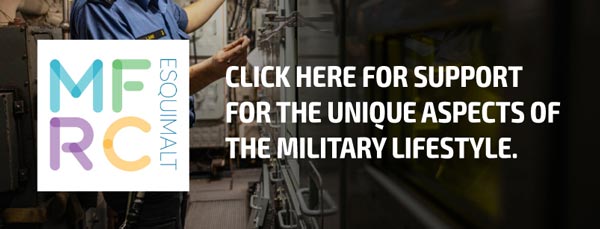
“When we are stuck living in the trifecta of rationalization, denial, and avoidance, we cannot step into authentic acceptance.”
Thomas Goenczi
Lookout contributor
—
Before starting therapy, some of us may find ourselves at our breaking point in what we can endure emotionally and mentally. We can no longer tolerate the anguish coming out of our psyche, and we must seek help. One of the benefits of counselling is that psychological pain can be offloaded to a trained mental health clinician, who can attempt to carry some of that burden for us for some time. This, in theory, allows us the space to heal, as the hurt is vocalized and is no longer internalized.
The confessional aspect of therapy can have a profound cathartic effect on us. However, we must be aware of the severity of the topic and pace ourselves so that we aren’t suffering more. Therefore, learning how much we can endure psychologically provides us with a higher level of empowerment over the therapeutic process.
But, how can we tell what we can endure in counselling? We can’t really know unless we try. Sometimes, we’ve had a build-up of psychological tar that has clogged our mental and emotional well-being which makes us attached to our maladaptive thoughts and patterns of behaviours.
For example, say a person comes into counselling after a break-up noticing their mood is down and wanting to get back to how they used to be. The person has taken on the brunt of the break-up and feels as though they are the sole reason for how it ended. However, throughout the sessions, they discover their affinity for people-pleasing and that it has distorted their needs in romantic relationships. As a way not to confront their needs they often put themselves behind the needs of others, and in a way, they’ve become selfishly selfless. This is a tough pill to swallow for the people-pleasers as they often use distorted rationalizations such as ‘I could never put myself first because my mother was a narcissist’ or potent denials like ‘I don’t deserve to put myself first’ to not have to confront the deeper issues.
Understanding where disillusioned rationalizations, denial, or avoidance come from would help us understand where the most friction within us comes from. People-pleasers use these tactics with therapists to skirt around topics they do not wish to confront.
So, how do we push forward in these circumstances? An important step is acceptance. Acceptance is a process, the more insights and consciousness we have about something the more we can accept it because we have the appropriate information to do so. However, when we are stuck living in the trifecta of rationalization, denial, and avoidance, we cannot step into authentic acceptance.
Understanding what we can endure is unique to our experience.
Pushing ourselves in therapy is no small feat, and sometimes we need time to digest what we have experienced. This nourishing work must be done at a comfortable pace and isn’t rushed. Be cognizant of your emotions and thoughts, and if a topic becomes too much, be explicit and transparent with your therapist about it so they can support you.
Thomas Goenczi is an RCN Veteran and MA Clinical Counsellor with Private Practice: Well Then Therapy.
The content is not intended to substitute professional advice, diagnosis, or treatment. Always seek the advice of your mental health professional or other qualified health provider with any questions regarding your condition.









